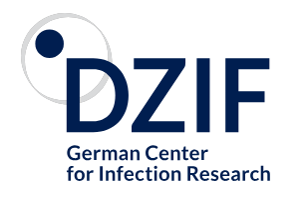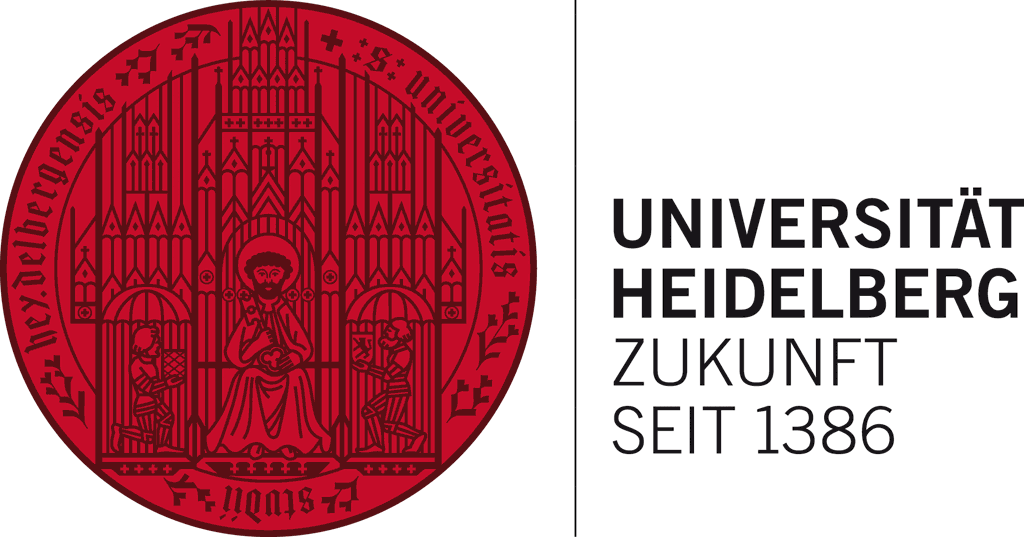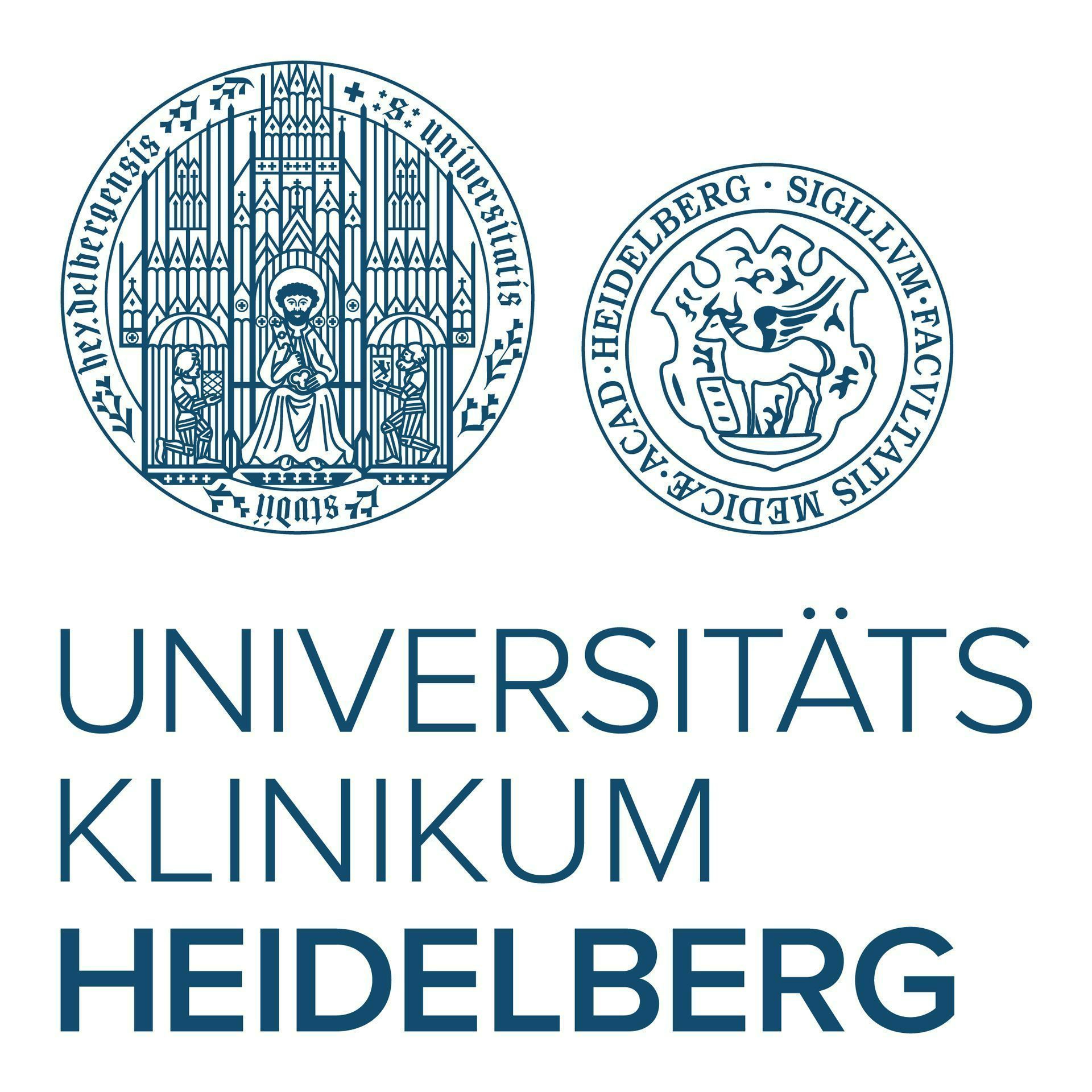TTU 03.709
"DZIF Africa Partner Institutions"
Short Summary
The infrastructure African Partner Institutions (API) was established to strengthen long-term partnerships and to build research capacity at well established sites in Ghana, Burkina Faso, Gabon and Tanzania, countries characterized by high incidences of many infectious diseases, emerging infections, and growing antimicrobial resistance (AMR). Infections with antimicrobial resistant pathogens remain a serious health threat on the African continent. Prior results from this group in the Fever Without Source (FWS) study reveal a distinguishable susceptibility pattern across the various African countries, e.g. with a notably high frequency of ESBL producing bacteria and ciprofloxacin resistant non typhoid Salmonella in Burkina Faso. AMR surveillance capacities have been set up in all API hospitals in years 2019 to 2020 and are sustained in this new phase of the project to provide continuous spatiotemporal AMR data including molecular characterization of the pathogens. In order to translate the existing surveillance and situational analyses data into appropriate actions for the control or reduction of AMR, an intervention trial will be designed and conducted: an antimicrobial stewardship (AMS) programme will be designed. The implementation in the health facilities and implementation effectiveness of the intervention will be evaluated. In order to fit better with the TTU and also answer to a local need, antimalarial drugs resistance has been included to the project.
Highlights
- AMR Surveillance systemhas been implemented in Nouna Hospital, Burkina Faso, since 2019 (Kiemde, 2020;Moirongo, 2020)
- Situational analyses are on-going including:
i) qualitative in-depth interviews with
health care workers about the perception
and prescription habits and barriersthat prevent them from following good practices
and informed decision makingand
ii) point-of-care study including analysis of
antimicrobial agents inaccordance with the Anatomical Therapeutic Chemical (ATC)
Classification.
- Capacitybuilding of laboratory team in Nouna through south-south collaborations betweenthe African Partner Sites have been reinforced. As last example, Nouna team isparticipating in a training on genotyping of P. falciparum and sequencing ofmarkers of antimalarial resistance




